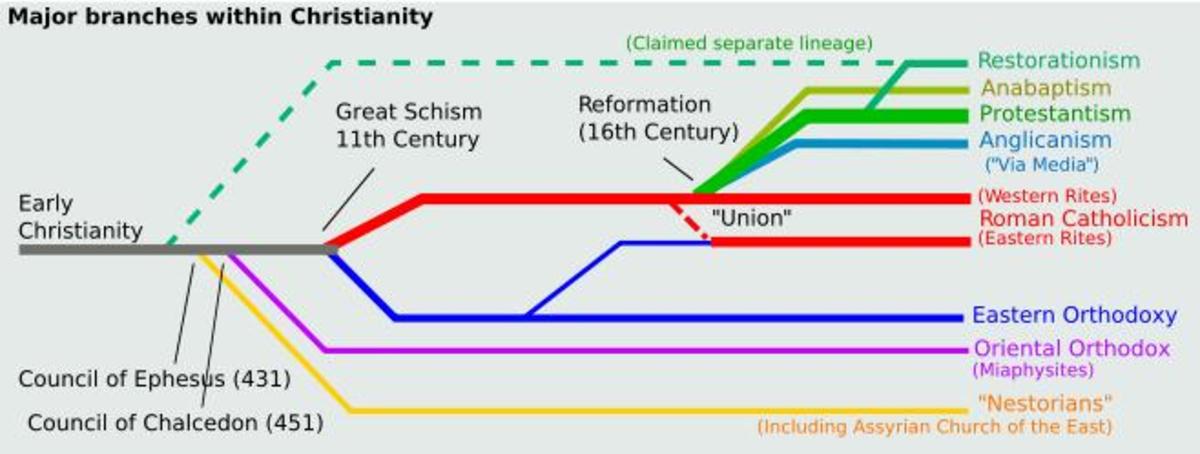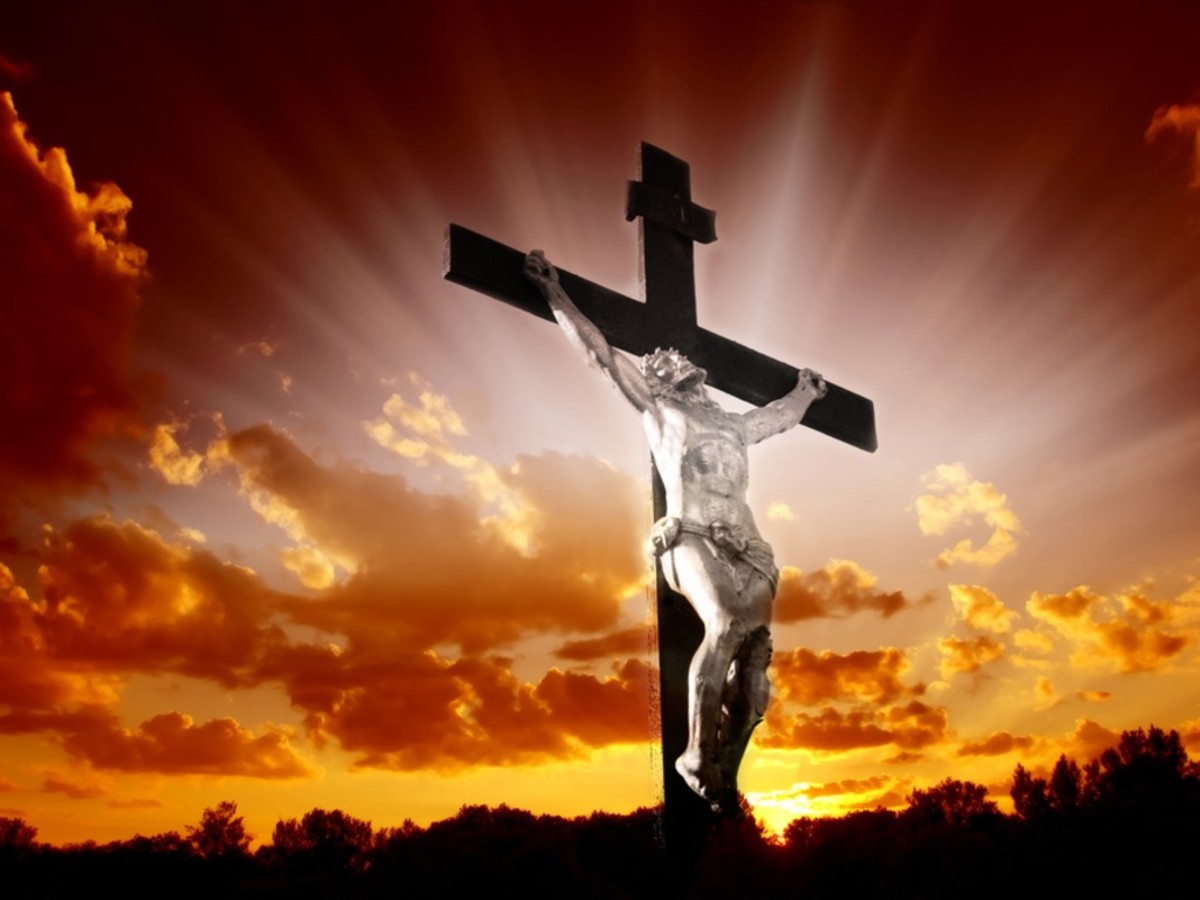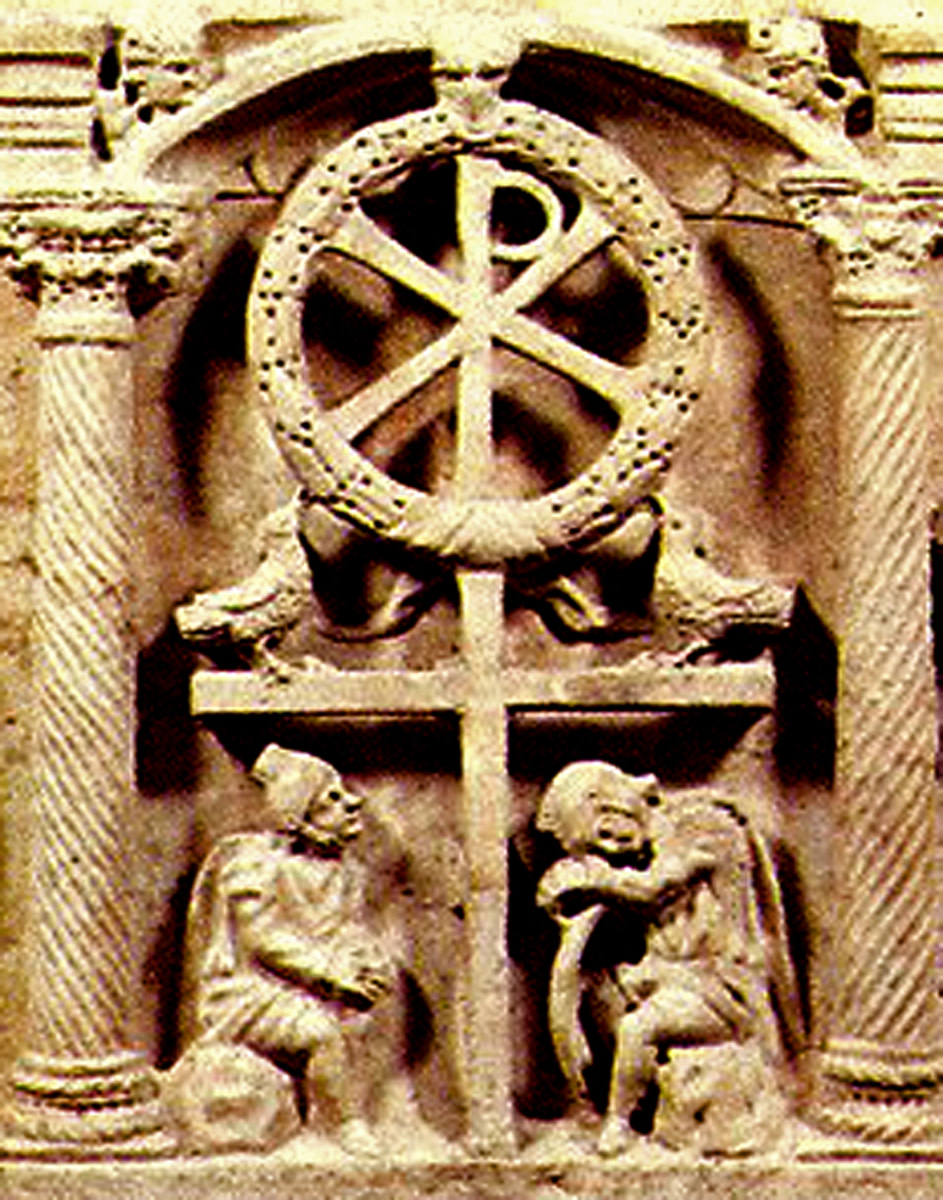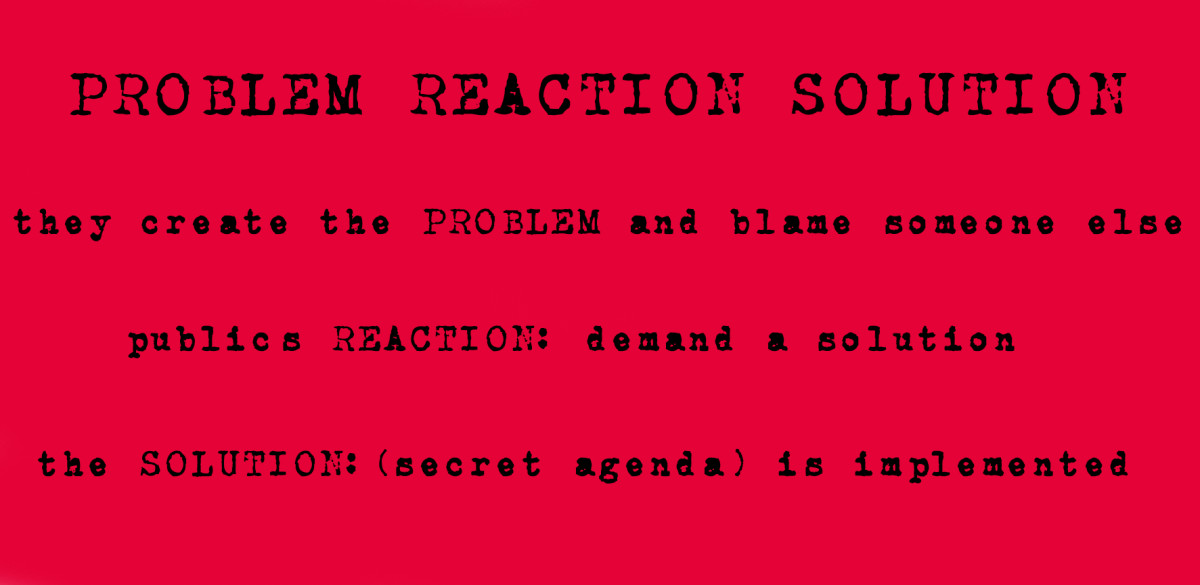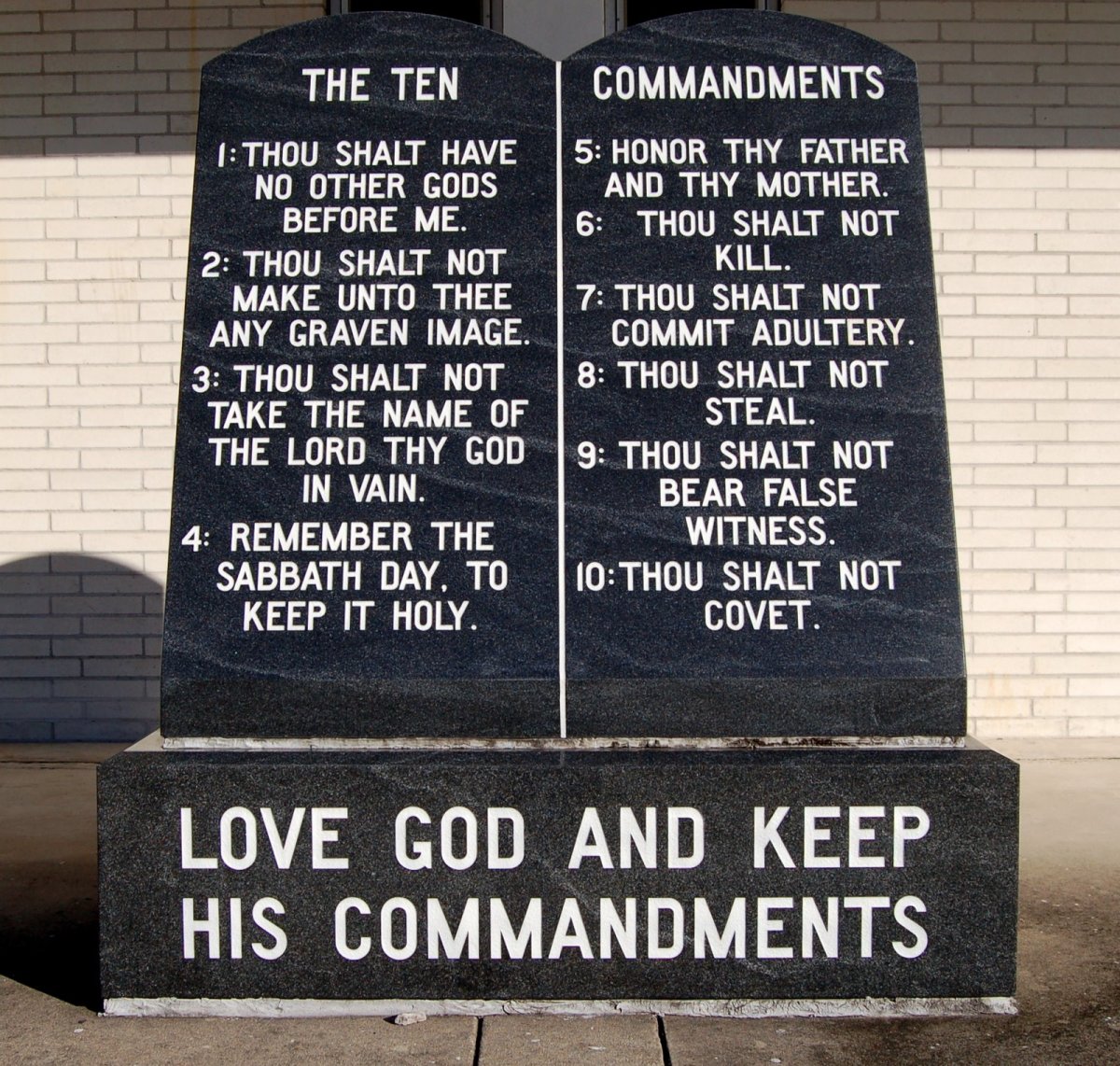A Christian World
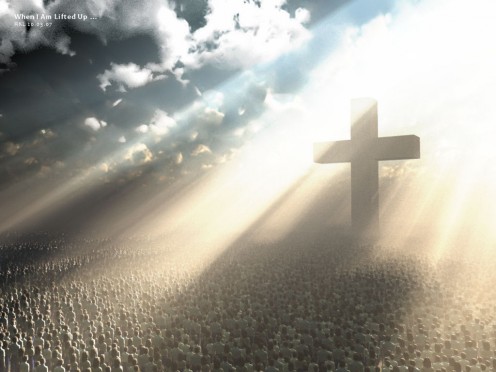
A Christian World
"Failure to draw important distinctions can generate negative short-term consequences and serious long-term implications for the national interest and global order, often in dangerous and unpredictable ways." -Marco Vicenzino; Boston Globe.
Have you ever heard the term "The Muslim World?" Turns out, The Muslim people don't like it. According to Marco Vicenzino, writer for the Boston Globe, Muslims do not appreciate being described by this singular description. In his article "Careful Rhetoric With Muslim States" dated June 8, 2009. He explains that that the grouping of Arabs and the wider Muslim world together in one generalized term is dangerous because it stereo-types the Muslim faith into one monolithic religious structure. He points out that in actuality, it is diverse both culturally and socially.
Although the term is always used in the most broadest and general way, I understand their concern. I appreciate the caution. As a outsider peering in through the windows of the Muslim mind, I know very little about their faith. If it is anything like all the other faiths in the world, Christianity included, multiple sects and offshoots must exist. I know I don't want to be packaged together with extremists like Jim Jones or David Koresh. But the reality is, this does happen.
In light of this, I am going to go outside for a bit and try to explain some things to the folks who are quizzically peering in through our windows. Like our Arab counter parts who object to the term "The Muslim World" I would like to look at the "Christian World." and discuss how the generalization of the word Christian can be misleading and causes confusion, and in some cases, conflict. Not only around the world, but here at home as well.
There seems to be some confusion as to what exactly a Christian is. One of the bystanders out here, is accusing me of worshipping idols and praying to dead people. One is saying, he believes he is a Christian because his wife's uncle's 2nd cousin is a Christian. others have similar points of view, they say they are a Christians because they live in America and that their Mom or Dad go to church once in a while. Others say that a Christian is a "good" person who goes to church and gives money to the church. Other believe they are Christians because they were baptized as a baby. There are as many ideas about what makes a person a Christian as there are wrinkles in the Popes pajamas. The vast majority however, are not sure what to think.
With this in mind I would like to share with you what I believe. In so doing, I hope to straighten out some misconceptions that have confused so many for so long. I admit right up front that my view is highly controversial and some of my Catholic friends reading this are going to let me have it. However, before you have my name read aloud this Sunday at mass, I ask that you will consider my view, Understand that I have come to my conclusions only after considering yours.
I place the blame for these misunderstanding squarely at the feet of the Catholic church. Let me explain.
The year is 306 AD. Flavius Valerius Aurelius Constantinus Augustus, or better known as simply Constantine the Great, has just taken his place as Caesar. All of Rome is now in his hands.
At this point, Christianity has been on the scene for approximately 300 years. According to Acts 11:26 The followers of Christ first became known as "Christians" in Antioch some time within the first 60 years after Christ's resurrection. The term simply means followers of Christ. A fitting name for those to whom it was described.
From the very start she was persecuted. First by the Jews, and then by the Romans. Never the less in just 300 years Christianity had become the dominate faith of the empire. She was now more than a fringe group, and she was not going to go away. By 306 AD Constantine had taken the reigns of a divided empire with the majority leaning toward Christianity.
This is incredible when you realize that the church that Jesus envisioned and established, was separate from the Government. It had no political power. In fact it had been outlawed. But yet its affect was so great, that by 306 AD the Roman pagan system was in trouble. Waite!....I have to stop here and point something out! We as a Church can affect our society in the same way, and we can do it without being in charge of its government.
OK, Moving on... The Roman pagan system was in trouble. For example, the Roman government received taxes from idol worship. As people stopped worshipping idols, the Government began to have a cash flow prob. A cash flow problem made it difficult to govern efficiently? It was losing its control and influence over its people. Constantine needed to pull the empire back together? But he had to do so in a way that would satisfy both sides. How?
HMMM I know! Declare Rome a Christian nation and create a system that includes both Christ and the Roman deities. Then, make the head of the Church and the King, one in the same! This is exactly what Constantine did. In one brilliant swoop, Christianity became political, the Roman gods became saints and the church was no longer Christ like.
Most people think that it was at this point that the church was able to come out of hiding. In fact the opposite happened. It was here that the true church went into hiding. I have done a fairly extensive study on the changes that took place doctrinally after Constantine took charge. There are many! However; the biggest and most sinister change has to do with the definition of Salvation or how to become a Christian. We went from a faith based salvation to a works based salvation. From a personal and intimate relationship with God, to a impersonal and political relationship with God. The Catholic Church promoted a political view based on works such as Church membership, tithing, obedience to Pope, national loyalty and demographic location.
Those who believed salvation was a spiritual regeneration, a supernatural rebirth of the spirit and nature of men; that it was given freely by God alone through faith in Christ’s Sacrifice on the cross, would eventually be called heretics. At that time however, they were simply ignored. Once the Catholic Church was fully installed, they were persecuted and forced to go underground.
Those who taught that salvation was gained through faith and membership in the church and obedience to the church’s leadership were accepted and exalted. This was because those who supported the church supported the state. Those who held to regeneration of the spirit and nature, tended to exclude the state from the church and saw Christ as their Pope and King.
Constantine favored the works based system because it lent itself to control. If you wanted to have eternal life you must be apart of a Christian nation, further you must go to a Christian Church, but wait once you accomplished that you had to be a member of that church, be baptized, Further, you MUST pay tithes, and oh ya, Jesus helped too.
From the time of Constantine to Luther this particular strand of “Heretic” was always around in one form or another. Desperately and selflessly keeping the truth alive. They were the true keepers of the faith. These people were burned at the stake, treated with contempt and labeled. Just as Jesus Predicted, They were hated for his sake, persecuted and rejected. In the book, The Reformers and Their Step Children ,Leonard Verduin has done excellent and pain staking research to track the reformed ideals all the way back to Constantine. He records chilling accounts of men who spoke out on the nature of true Salvation long before Martin Luther. The protestant ideas that Luther nailed to the door in 1517 were not new, just illegal and unknown by the general public. The Church’s leadership had purposely hidden them for 1300 years!
John Wycliffe saw this and in the 1300’s Called for the Holy Scripture to be translated into English and made available to the general public. He did so himself in 1380. 137 years before Luther. Although he died in peace, the council of Constance in 1415 condemned Him. They labeled him as a Heretic. His Bones were exhumed and burned, along with most of his writings. The Roman Catholic Church was determined to suppress the truth found in God’s Word by keeping its laity ignorant. I believe this was because it contained within it the death nail of Catholic rule, the freedom of religion by separating church and state.
Salvation is not a birthright. It is a spiritual rebirth.
Most of the confusion you see today is based on these two different views of Salvation. The Catholic View and the Protestant view. The reformers became known as protestants because they were in protest against the Catholic Church. Specifically its view of salvation. From the reformers perspective the Catholic Church was giving people a false assurance of salvation. Millions of people, then and now, are holding to doctrines that are not consistent with scripture. They are being called followers of Christ yet they do not know Him. In truth they are following after false gods and are slaves to their own hearts and desires.
Jesus explained that His Kingdom/Government was a spiritual kingdom. For one to be a part of this kingdom, that is, for one to be a Christian, he/she must be born again. (John 3:3) He taught that salvation or eternal life is a spiritual rebirth not a birthright. Because our natural nature is Hell bent to sin (pun intended) No amount of money, good works, No birthright, demographics, membership, obedience to a king, priest, government or church, could gain you eternal life. To be a part of the kingdom of God,(to be a Christian) one must be born again. This is a supernatural rebirth of a man’s spirit. A man’s whole nature must be changed. Only the spirit of God could accomplish this.
The proof of this regeneration is the change of our desires. A changed life. Suddenly you delight in the things of God. Your works are now geared toward obedience to His Word. With regeneration comes a desire to know Him, and a desire to submit to God’s will over our own. Something that we can not do before we come to Christ. Jesus said “if you love me you will do as I command”. (John 14:15) My works will never gain me admittance into heaven. However I still offer them up willingly, for they are an expression of my love for God. He allows me to come to him freely of my own choosing. But even my choosing is because the Holy Spirit within me desires it and so changes my desires. With this, we understand that the Christian life is one of submission to God through Christ as revealed through His Word by the Holy Spirit.
The Catholic Church needed the power of the state to keeps its parishioners obedient. When one is reborn he does not need an earthly king, pope or church to command or enforce obedience to God. It happens supernaturally by the power of God through the work of the Holy Spirit.
A Christian? or not a Christian? That is the question God asks of you... I hope you are.
In Christ
ABR
Relaed Hubs By Abrushing1968
- Bunnell Florida City Commissioners will open Meetings with Prayer - Orlando Christianity | Examiner.
"Our Constitution was made only for a moral and religious people. It is wholly inadequate to the government of any other." President John Adams The moral and re - A Christian Nation
Believing with you that religion is a matter which lies solely between man and his God, that he owes account to none other for his faith or his worship, that the legislative powers of government reach... - One Nation Under God
Government Of The People, By The People, For The People The date is November 19, 1863. It has been 4 months since the battle at Gettysburg and the Civil War is not yet over. It has been 87 years since the... - The Freedon of Religion
The following is the first in a series of writing that I will be submitting here, In this series, I will be exploring the freedom of religion and its origins. It has turned out to be more of a history lessen...


